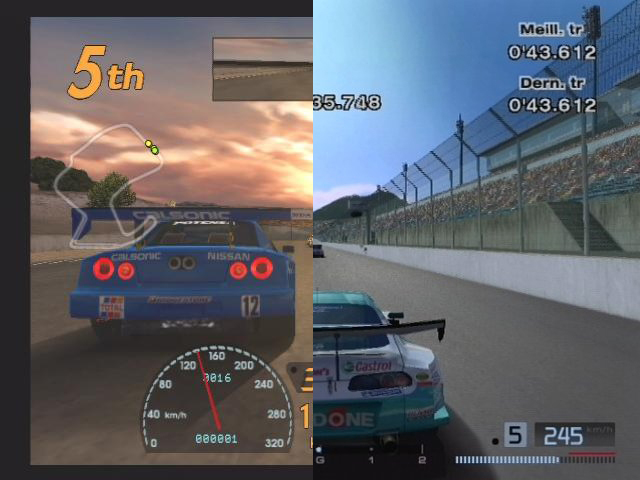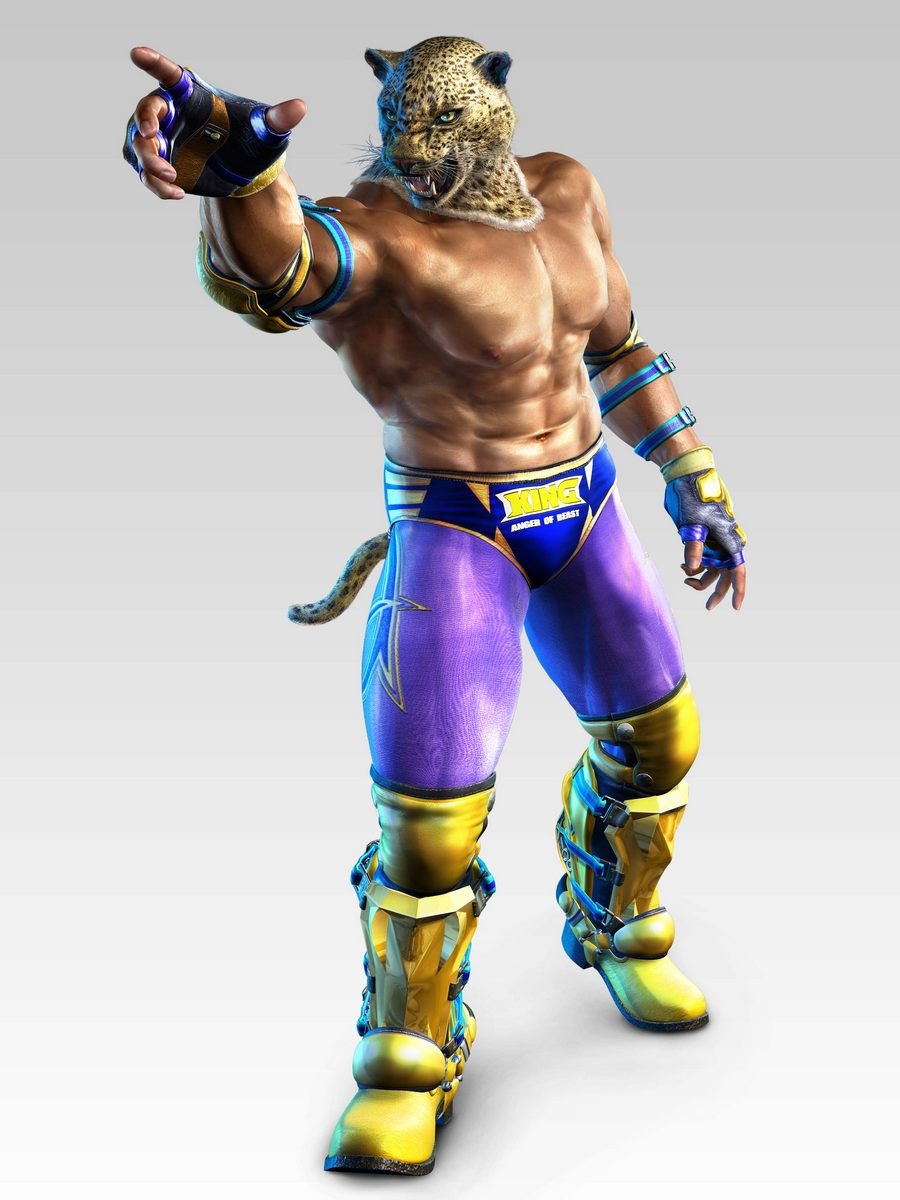This post has not been edited by the GamesBeat staff. Opinions by GamesBeat community writers do not necessarily reflect those of the staff.
In a recent Examiner.com Chicago article, Alexander Hinkley told us "why fighting games suck.” I’m not sure why he did this. Maybe he thought we were all having a bit too much fun with our Street Fighters and our Tekkens. Maybe he wanted to sound cool by going against the grain. Whatever the reason, I found his blitzkrieg on the genre quite unfounded and felt a response necessary. I strongly urge readers to at the very least skim his article before reading further to provide you a bit of context.
 To preface, I’m not much of a fighting game fan. I play Marvel Vs. Capcom and Dead or Alive (neither very well,) and can hold my own in a game of Smash Brothers, but that’s about it. The only time I use the phrase “Focus Attack Dash Cancel” is when I’m making fun of people who say “Focus Attack Dash Cancel.” But being that I don’t have a dog in this fight, I may be better suited to analyze Hinkley’s comments.
To preface, I’m not much of a fighting game fan. I play Marvel Vs. Capcom and Dead or Alive (neither very well,) and can hold my own in a game of Smash Brothers, but that’s about it. The only time I use the phrase “Focus Attack Dash Cancel” is when I’m making fun of people who say “Focus Attack Dash Cancel.” But being that I don’t have a dog in this fight, I may be better suited to analyze Hinkley’s comments.
Hinkley’s first point is that the fighting game hasn’t “evolved,” unlike other genres, which have been constantly changing. Other genres, he says, such as racing games, which have “become increasingly realistic.”
Really? Is that what you want to lead with? I agree the fighting game format has stayed relatively consistent. His point is a valid one. But is Gran Turismo 4 an evolution of Gran Turismo 3? Other than more and prettier cars, was there much of a change?

Just look at this side-by-side. Behold the evolution! Wait which one is GT4 again?
The racing genre has gone through an evolution, but realism ain’t it. What about Twisted Metal and Burnout refining the sub-genre of car combat? How about Forza’s ability to bring in the casual crowd with its assist lines? Even Mod Nation Racers’ customization extravaganza makes a better point than “increased realism.”
 What’s worse is that the same can be said about fighters as well. Street Fighter 4 looks more realistic than Street Fighter 2 and Dead or Alive’s characters look about as real as can be (albeit parts of them look a little “enhanced.”) I’m not saying don’t make the point, I’m saying to back it up with something that actually holds water.
What’s worse is that the same can be said about fighters as well. Street Fighter 4 looks more realistic than Street Fighter 2 and Dead or Alive’s characters look about as real as can be (albeit parts of them look a little “enhanced.”) I’m not saying don’t make the point, I’m saying to back it up with something that actually holds water.
Hinkley goes on to say fighting games’ one attempt at evolution was the debut of 3D arenas and that it was a “disaster,” completely disregarding the critical and commercial acclaim for the Soul Calibur, Dead or Alive, Tekken, and Virtua Fighter franchises.
And again Hinkley continues to undercut his own points by claiming the genre has gone back to being 2D.
“When a genre actually has to revert major advancements because it couldn't adapt the gameplay to the changes, it's a warning sign that something is wrong.”
Now I might be wrong on this, but I don’t believe any fighting game franchise has “gone back” to being 2D. Street Fighter has remained on a 2D plane it’s entire lifetime, and Mortal Kombat’s switch to the third-dimension has yet to come full circle. Maybe Hinkley meant the genre as a whole has gone back to 2D, which is only slightly less ridiculous being that 2D and 3D fighters have seemed to successfully coexist in recent years.

Yup, still well within the third-dimension.
Hinkley’s next paragraph is so hilarious to me, I feel I must reproduce it in its entirety:
“Fighting games are boring because you're doing the same thing, one-on-one duels, over and over again. There aren't really any levels or storyline, it is just you, facing off against another character who is either controlled by a CPU or another person, and duking it out. Sure this could be cool for awhile but how many times can you repeat the same actions and still have fun? What other modes are there? Time Trial? Survival? How about coming up with a new mode where you have to fight three characters all at once? Oh wait…that was actually such a dramatic evolution that it became a whole standalone game (Smash Brothers)!”
 Other than the one-on-one aspect, this same argument could be applied to many other genres, especially one Hinkley previously praised for its advancements: racing. What about a sports game, like Madden? It too lacks levels and a storyline. It too is devoid of many modes of play. Why does it get a free pass?
Other than the one-on-one aspect, this same argument could be applied to many other genres, especially one Hinkley previously praised for its advancements: racing. What about a sports game, like Madden? It too lacks levels and a storyline. It too is devoid of many modes of play. Why does it get a free pass?
Speaking of Madden, here’s the next paragraph in Hinkley’s rant:
“Many people complain that the yearly release of Madden is just the same game with updated rosters being repackaged and sold for full price but fighters are an even bigger offender of this. What really is the difference between Street Fighter II and Street Fighter IV? Cooler graphics? A couple new characters added to the roster? Is that really all the franchise was capable of evolving in theseventeen-year time span between the two arcade releases?”
I suppose the online play, the tournament mode, new moves like the Focus Attack, the Ultra meter, and the replay feature were cut from his argument since they didn’t fit his point.
But then Hinkley makes the ultimate sin.
“Fighters don't really take any skill to play, either.”
I think Capcom Evolution champ Daigo might disagree. It is especially weird because Hinkley admits to  not being very good at fighting games himself. One would think if they required no skill, Hinkley would be able to be just as good at them as anyone else. Hinkley’s excuse:
not being very good at fighting games himself. One would think if they required no skill, Hinkley would be able to be just as good at them as anyone else. Hinkley’s excuse:
“Being "good" at fighters isn't so much about actually having skill as it is having experience with the game and memorizing all of a character's techniques. Once you can perform any technique at will, the only thing you need to do to become "good" is play the game enough to learn what beats what. Then, when your opponent performs a Dragon Uppercut you know you have to counter with a Fireball immediately. This isn't skill at the actual game, it's just memorization of a rock, paper, scissors mechanic.”
Hinkley is arguing that when people play fighting games a lot, they become better at them. I honestly don’t know how to respond to that other than with a giant “Duh!” If you want to be good at something, you need to practice at it, a lot. That goes for fighting games, first-person shooters, baseball, driving a car, knitting, multiplication, tying your shoes, and basically everything other activity.
Hinkley manages to undercut every single point he tries to make in his article and comes off as incredibly self-righteous in doing so. Criticism is a necessary step towards growth, but off-base criticism doesn’t help anyone. A little research and a little objectivity go a long way, but young Mr. Hinkley doesn’t end up going very far at all.
